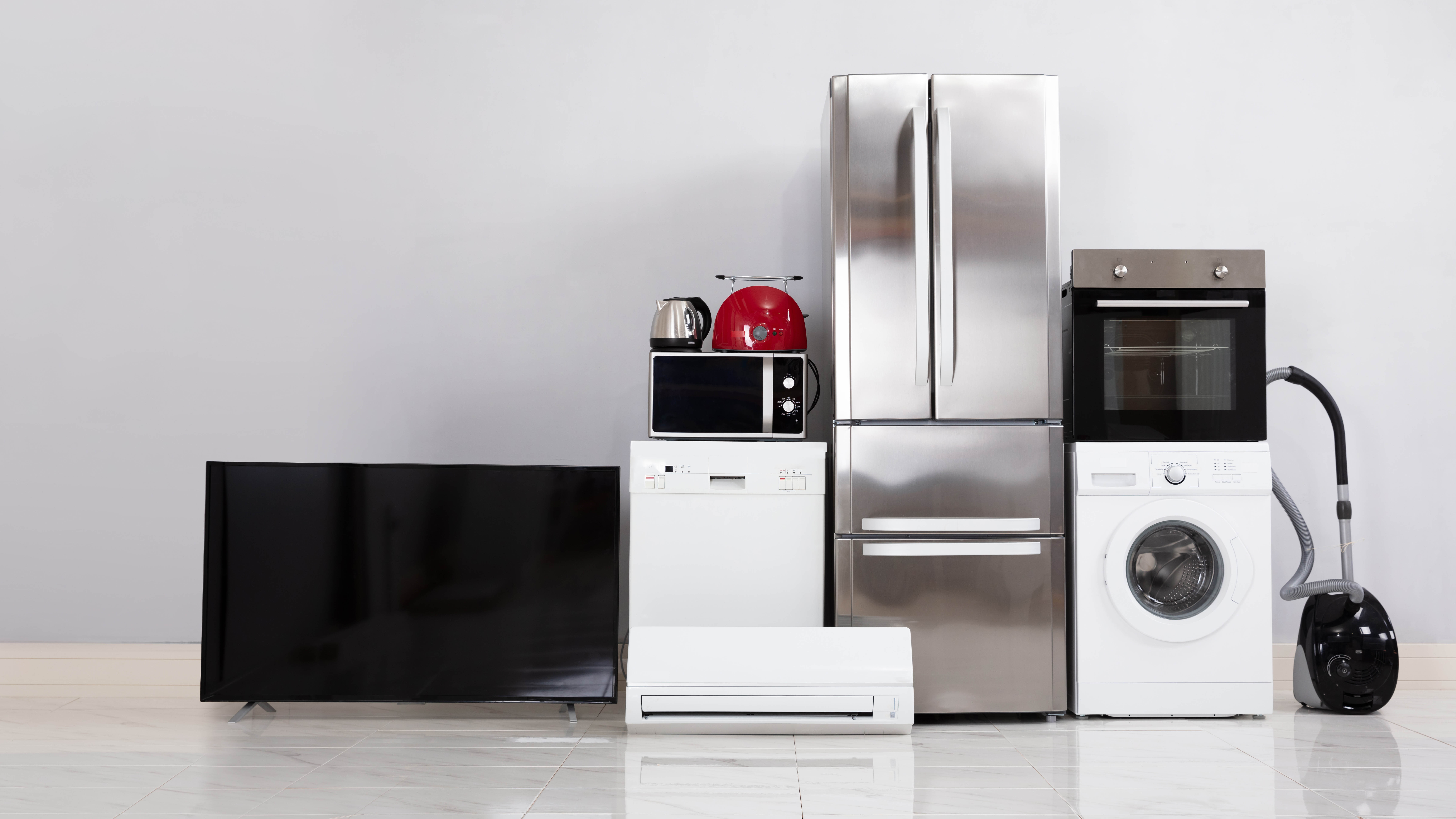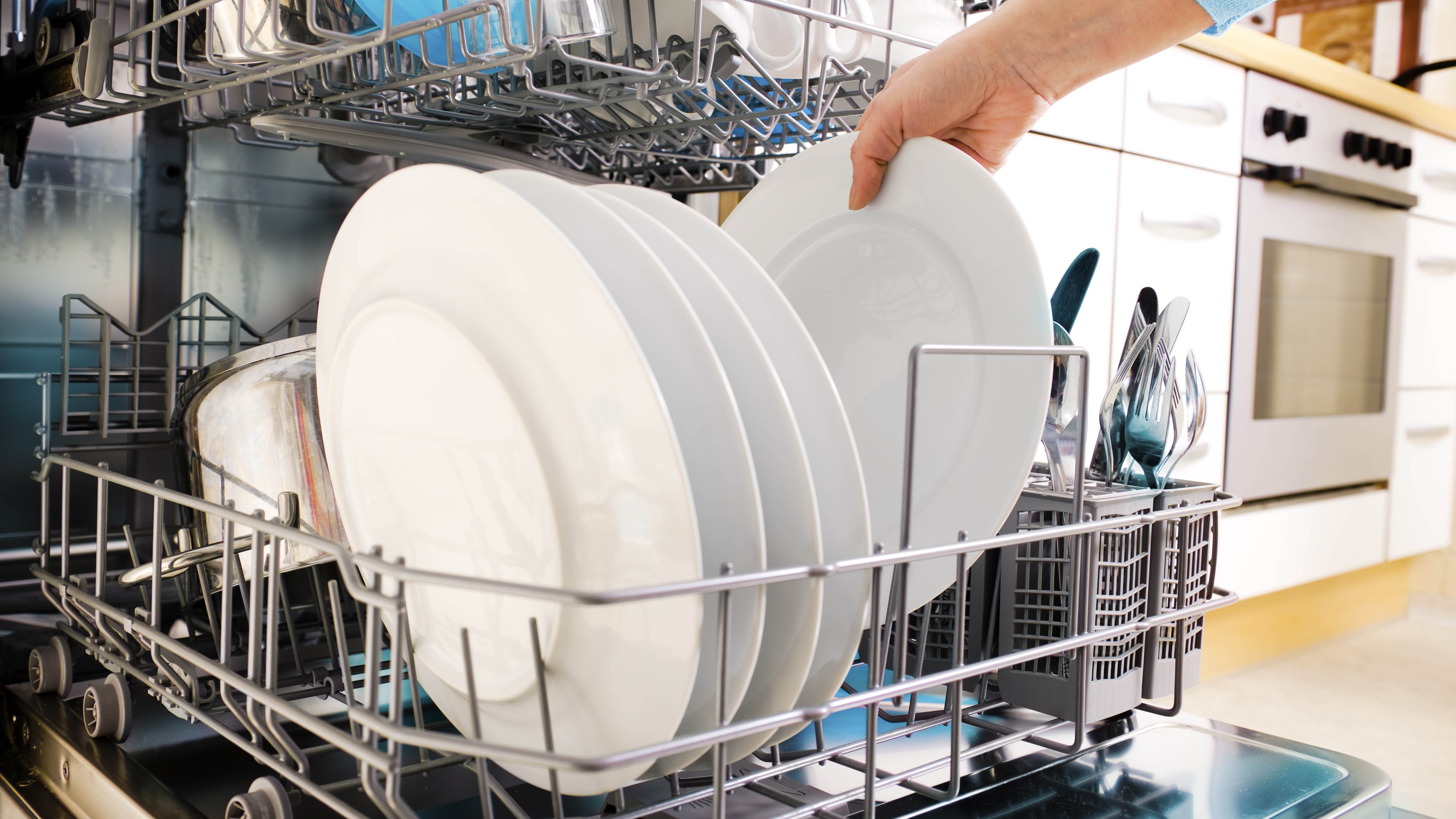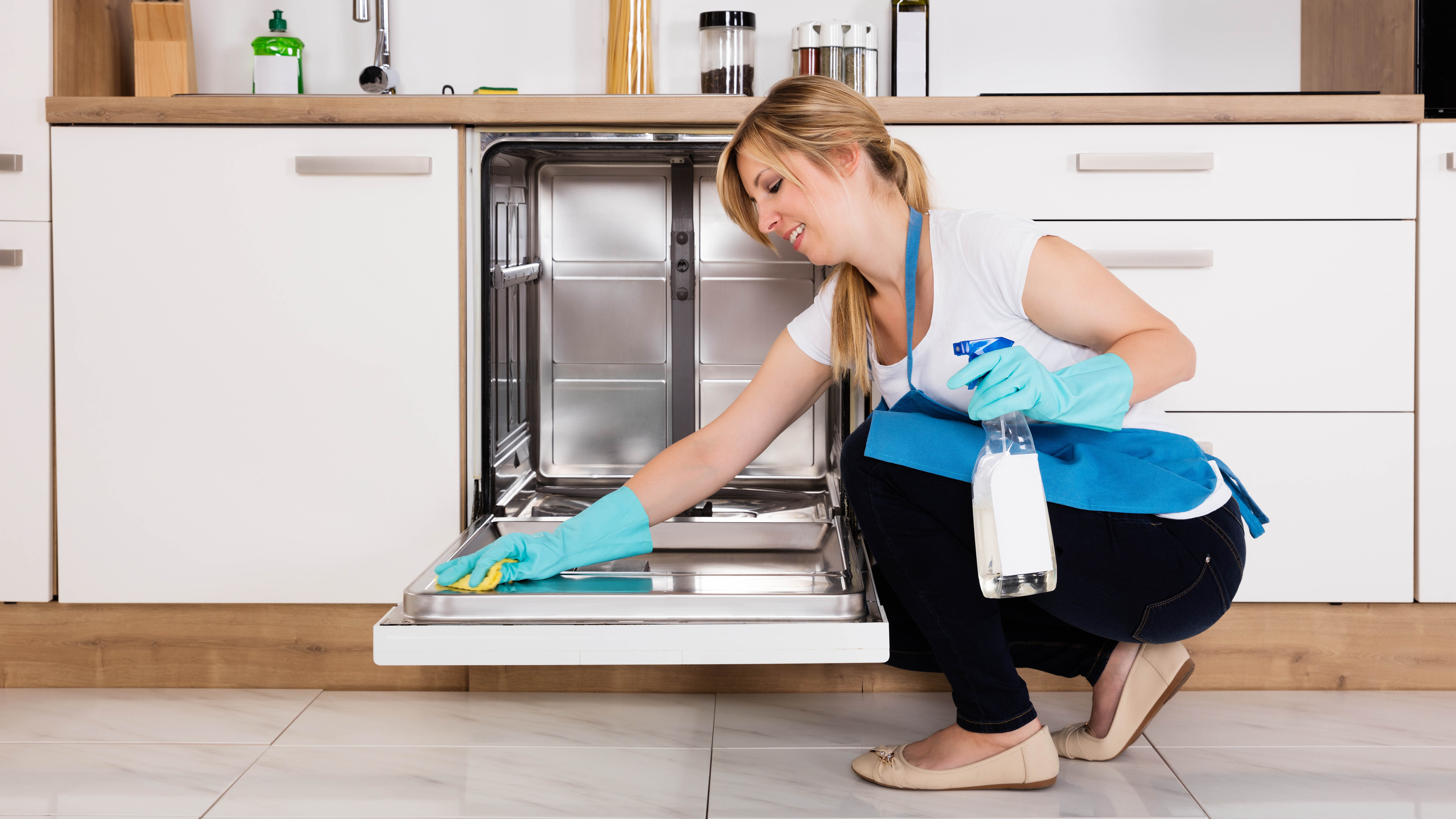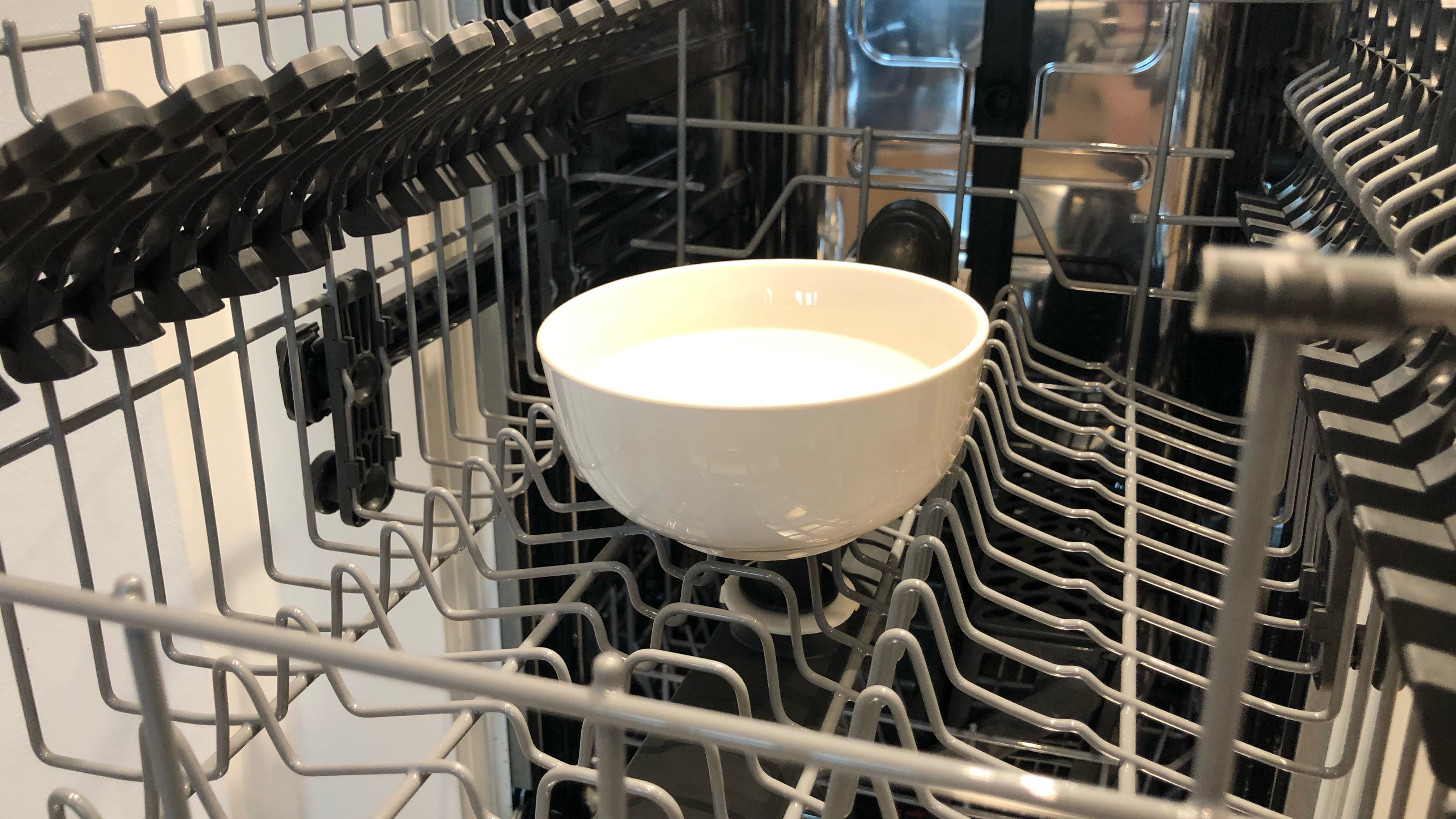
When it comes to cleaning our appliances, many of us tend to tackle the ones that are visibly grimy. Things like cleaning the greasy air fryer, juicer, or our ovens often take top priority.
However, there are some appliances we use regularly that we should be cleaning — but we actually don’t. And considering their regular use, these can easily become one of the gross things you forget to clean around your home. So what exactly is it?
And the dirtiest appliance is…

If you thought it would be your grease-laden oven, you’re wrong. Surprisingly, the dishwasher is the dirtiest appliance in your home. According to a UK survey carried out by Domestic & General, the dishwasher was revealed as the most unhygienic item — which is ironic since its sole purpose is to keep your dishes fresh and spotless!
Such findings came about after conducting tests to explore the cleanliness of various household items, including washing machines, ovens, laundry baskets, trash bin,s and even the toilet. After swabbing these items with dipslides (a method of detecting bacteria in liquids), they left the tests to incubate for 24 hours before looking at the bacterial levels that developed.
The score of infection/germ levels were measured using a scale between a low 0.4 and a massive 250. The dishwasher came up tops, with a shock score of 135 out of a maximum of 250, followed by the washing machine scoring 74, while the trash bin came in at the lowest 66.5 out of 250. Essentially this means that the dishwasher harbors more bacteria and germs than your trash collector! Of course, this also highlights that many are simply not deep cleaning their dishwashers often enough —or at all.
Knowing how to clean a dishwasher regularly is essential for its upkeep. Each time you use it, food residue can build up in the filter over time, while soap scum and grease can accumulate and encourage bacteria. What’s more, regular cleaning will keep it odor-free, and also improve your dishwasher’s performance and make it last.
Expert tips for cleaning your dishwasher
If you have one of the best dishwashers, and want to keep it in good condition, there are some simple things you can do. We ask Ian Palmer-Smith, appliance repair at Domestic & General for his top tips on how to clean your dishwasher effectively.

1. Remove leftover food debris after each cycle
A build-up of food particles, grime or spills can all result in unhygienic cycles, damaged components, or worse case, expensive repairs. That’s why it’s beneficial to get rid of leftover debris after each cycle.
“Your dishwasher can last up to 10 years, but only if you maintain and clean it regularly,” states Palmer-Smith. “As a rule of thumb, aim to clean the appliance daily. Even after every use, remove any excess food in and around the filter. This will help avoid build-up and blockages.
2. Remember to clean the filter
Alongside cleaning the interior and exterior of the dishwasher, many of us forget to clean the filter. This can easily get clogged with trapped food, and harbor nasty odors. “If you’re finding that your dishes are just not coming out clean, the first place to look is the filter. Bad smells, dirty dishes, and gurgling noises are all warning signs of a clogged filter.
To clean the filter simply remove it from the appliance, empty it, rinse it off, and then scrub it with an old toothbrush. This will help it to trap food residue and leave your plates sparkling clean every time!”
If you’re finding a pool of murky water at the bottom of your dishwasher, check out how to unclog a dishwasher.

3. Use dishwasher salt
Dishwasher salt is essential for softening water, reducing limescale on your dishes, and getting better cleaning results. “If you live in an area with hard water, you’ll need to use dishwasher salt to help soften the water. Without dishwasher salt, hard water will leave a crusty limescale on your filter and could damage the mechanism over time."
For more top tips on making the most out of your dishwasher, you’ll need to know how to make your dishwasher last longer and need fewer repairs.
4. Deep clean with white vinegar
Deep cleaning your dishwasher involves giving the machine a thorough scrub with a damp, microfiber cloth as well as cleaning the racks and accessories inside. And if you don’t want to use any harmful chemicals, white vinegar is a great natural cleaner, along with baking soda.
“White vinegar can also be great for giving your dishwasher a deeper clean. Fill a small cup with the vinegar, making sure it sits securely on the top rack. Then run your dishwasher on an empty hot cycle to allow the vinegar to work its magic.
Never put white vinegar in a full wash as its acidic nature can cause damage to your dishware. Repeating this every three to four months can help you maintain a well-working appliance and help keep the need for a dishwasher repair at a minimum.”
In fact, white vinegar can be also used in your washing machine — here are some reasons why you should use vinegar when doing your laundry. Just avoid these 7 things you should never clean with white vinegar.

5. Leave the door open after each cycle
If you notice musty smells, it’s always good to leave the dishwasher door open straight after use, to air it out. “Make sure to always leave the dishwasher door open for at least an hour after running a cycle. Keeping it shut creates a warm, damp environment that’s perfect for mold to flourish. If mold does develop, use bleach to remove it. If you have a stainless-steel dishwasher though, opt for a bleach-free detergent to avoid damaging your appliance.
“Keeping the door open also avoids any unpleasant smells developing. If you’re looking to combat any existing smells, sprinkling some bicarbonate of soda inside it before running a cycle should do the trick.”







